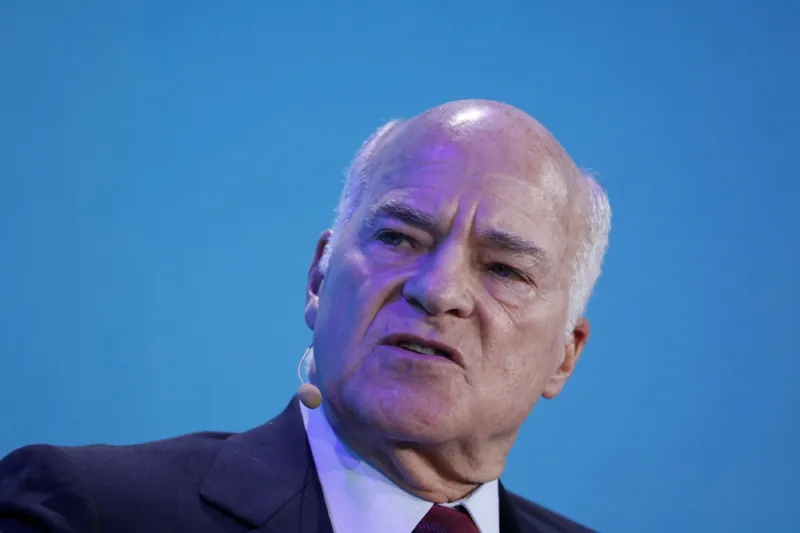KKR & Co. is deepening private equity inroads into the world of individual investors.
KKR, co-founded by Henry Kravis in 1976, announced Wednesday that it has invested in iCapital Network and that accredited investors on the fintech platform will have access to its private markets strategies spanning across buyout, growth equity, and real assets. KKR wants to “democratize” private equity, according to its statement.
The private equity industry has been evolving beyond its leveraged buyout roots and is seeking to expand a capital base that traditionally has been tied to institutional investors. A Securities and Exchange Commission report last year on expanding retail access to private markets suggested that individual investors may be missing out on opportunities to make money as the universe of public-traded companies has shrunk significantly in the past 25 years.
Former SEC chair Jay Clayton, who this month began serving on Apollo Global Management’s board as an independent director, said in February that he was looking forward to advancing Apollo’s strategy “in our ever-evolving markets.” But the massive private equity industry may face heightened scrutiny under President Joe Biden’s pick to head the SEC, Gary Gensler, as the securities regulator identified private funds among its exam priorities in a report Wednesday.
“It could be a win-win as long as it’s done correctly and the proper disclosures are made,” Amy Lynch, founder and president of FrontLine Compliance, said of the private equity industry’s push to increase capital from individual investors. “All of us need diversification,” she said by phone, explaining it may make sense for investors to spread their assets across stocks, bonds, and private markets.
Lynch, who earlier worked at the SEC, said accredited investors are affluent and considered more sophisticated than retail investors. That’s the group that KKR is targeting through the iCapital platform, with Doug Krupa, co-head of KKR’s private wealth partners, emphasizing in the announcement the firm’s commitment to “innovative solutions that increase and democratize access to private equity for financial advisors and their accredited investors.” The size of KKR’s equity investment in iCapital was not disclosed.
[II Deep Dive: When Buyout Firms Step in, Watch Out]
The iCapital KKR Private Markets Fund gives accredited investors access to private equity funds and co-investments sponsored or advised by KKR. The pool, formerly known as the Altegris KKR Commitments Master Fund, is registered as a closed-end investment company under the SEC’s Investment Company Act of 1940, according to the announcement.
A spokesman for KKR did not immediately provide comment on why the alternative investment firm wants to democratize private equity or any concerns it may have about the potential for increased regulatory scrutiny.
Accredited investors could provide a fresh stream of capital for KKR. The firm’s joint-statement with iCapital estimated the category to include more than 13 million American households.
Last year KKR raised record capital despite the pandemic, attracting $44 billion from investors, according to a February report from private markets data and analysis firm PitchBook. Private equity giants KKR, Apollo, Blackstone Group, and Carlyle Group all expanded their assets under management last year along with their fee-related earnings in 2020, PitchBook said in the report.
Lynch expects the SEC “will be focusing more in the private fund arena in all capacity,” looking at areas of past concern such as fees, valuations, conflicts of interest, and expenses. The FrontLine Compliance founder added that it is important that investors understand the illiquidity risks involved in private markets.
In the meantime, private equity firms stand to benefit from individual investors.
“It’s another way to get capital,” said Lynch. “If they have ways to diversify their base of investors, then they can gain more capital and that’s how they grow.”







